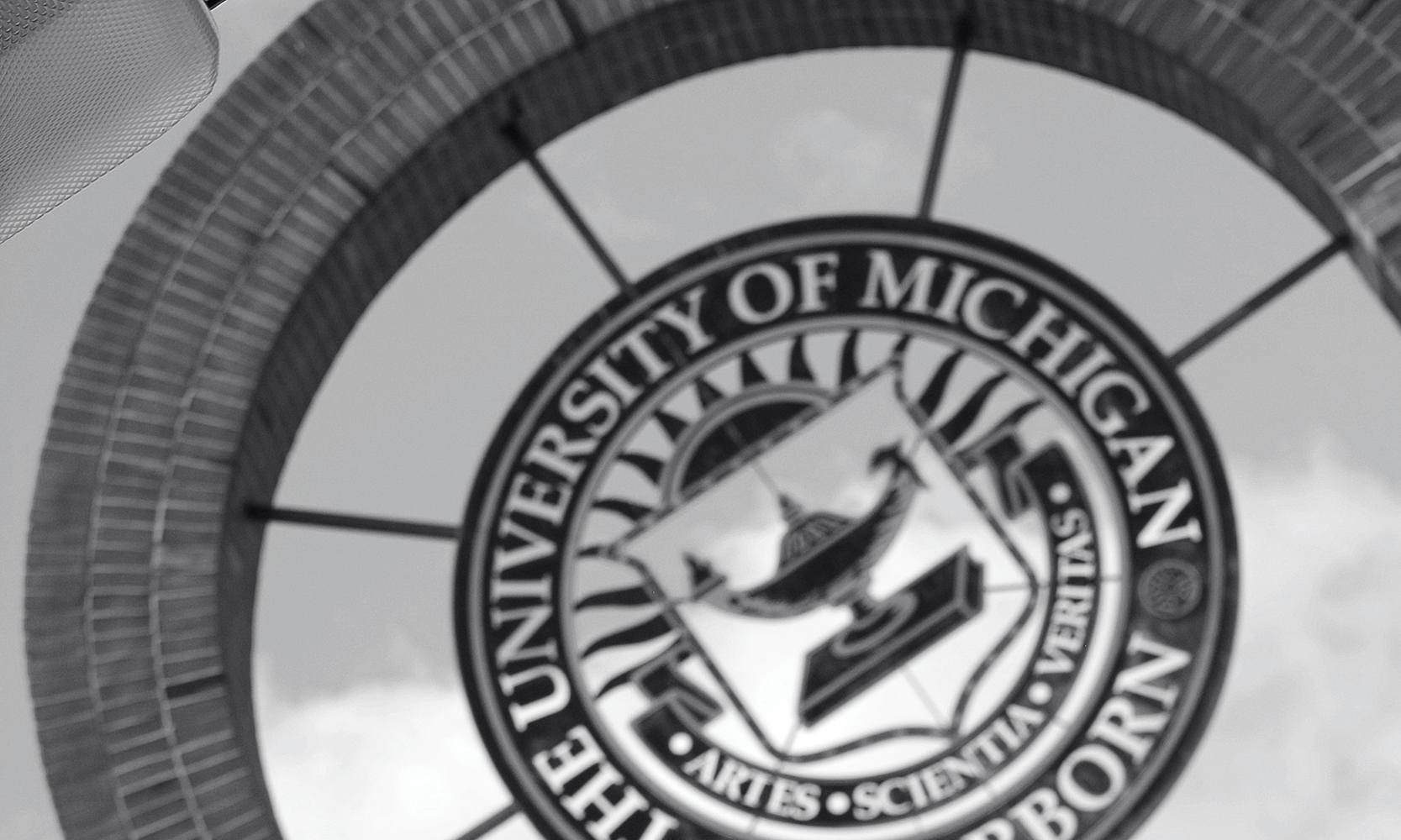A youth wakes up early for a job opportunity. There isn’t any food in the house for breakfast. No one is home, so he walks to the bus stop. Waiting at the stop, the bus goes by because it is full. Not wanting to lose the opportunity, he takes a chance and asks a stranger for a ride; but he still arrives to work late.
What happens next?
Two campus educators are working on research that aims to influence the answer.
“Instead of harshly remarking, ‘You’re late,’ say, ‘I noticed that you were late this morning. Can we talk about it?’” said Health and Human Services Assistant Professor Jessica Camp. “This holds someone accountable, but opens a dialogue and gives a chance for problem solving and a trusting relationship to form.”
Camp is working with Office of Metropolitan Impact Executive Director Tracy Hall on the potential of trauma-informed care (TIC) and restorative practices (RP) — for example, taking time to ask questions and guide to resources — to improve opportunities and retention in youth service and workforce development programs.
Their project is one of nine university-wide projects to receive funding from U-M Poverty Solutions this year. The organization recently announced a combined $200,000 in funding to address poverty, supported by the Detroit Urban Research Center.
Camp and Hall partner with community organizations in the Detroit area on ways to engage with youth in ways that help build on their resilience, rather than punish them for seemingly negative behavior utilizing a combination of TIC and RP approaches they call Healing Centered Restorative Engagement. Current community partners include Jobs for Michigan’s Graduates (JMG), the Detroit Employment Solutions Corporation and Public Allies Metro Detroit.
“We have been doing this work for nearly two years and have seen positive outcomes. We believe that the trauma-informed care theory holds water, but to work with all of the organizations and schools who have approached us to come in and educate their staff, we need funding. But to get additional funding, we need to analyze existing data to show the effectiveness of our approach,” Hall said. “The Poverty Solutions grant will help us utilize and analyze JMG data. We are very grateful because the grant will give us access to the piece we need to move forward in our work.”
U-M Poverty Solutions Communications Public Engagement Director Kristen Kerecman said advancing these individual projects makes for a greater potential collective impact. Launched in 2016, Poverty Solutions has helped leverage nearly $9 million in external funding to continue to support faculty and partners with their mission.
“Despite what we know about the causes and consequences of poverty, we still have a lot to learn about what works in preventing and alleviating poverty,” Kerecman said. “Poverty Solutions aims to push the boundaries of action-based research and continue to apply our findings in real-world, scalable ways.”
Another UM-Dearborn-led project organized by College of Arts, Sciences, and Letters faculty Francine Banner and Lara Rusch and CASL staff Rachel Buzzeo received a Poverty Solutions 2019 Collaborative Community-Academic Research Projects grant.
The group is working with Street Democracy, a nonprofit organization that implemented a pilot functional sentencing program in Detroit communities. Instead of punitive mechanisms such as fines and fees, targeted interventions are given — such as job placement and medical services — to help individuals address the root cause of the offense.
The UM-Dearborn team will help research and implement a more permanent, larger-scale version of this program in order to lay the foundation for expanding the availability of functional sentencing throughout Michigan, as well as improve methods of collecting data on clients who have gone through the process.




